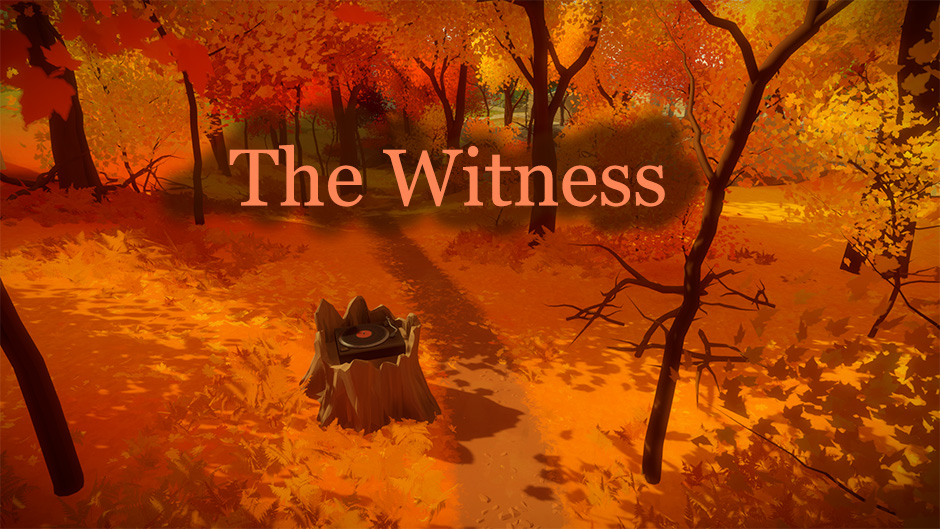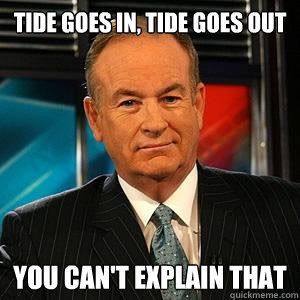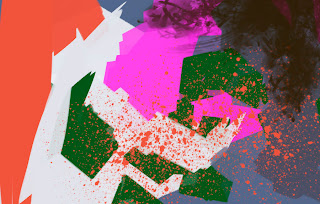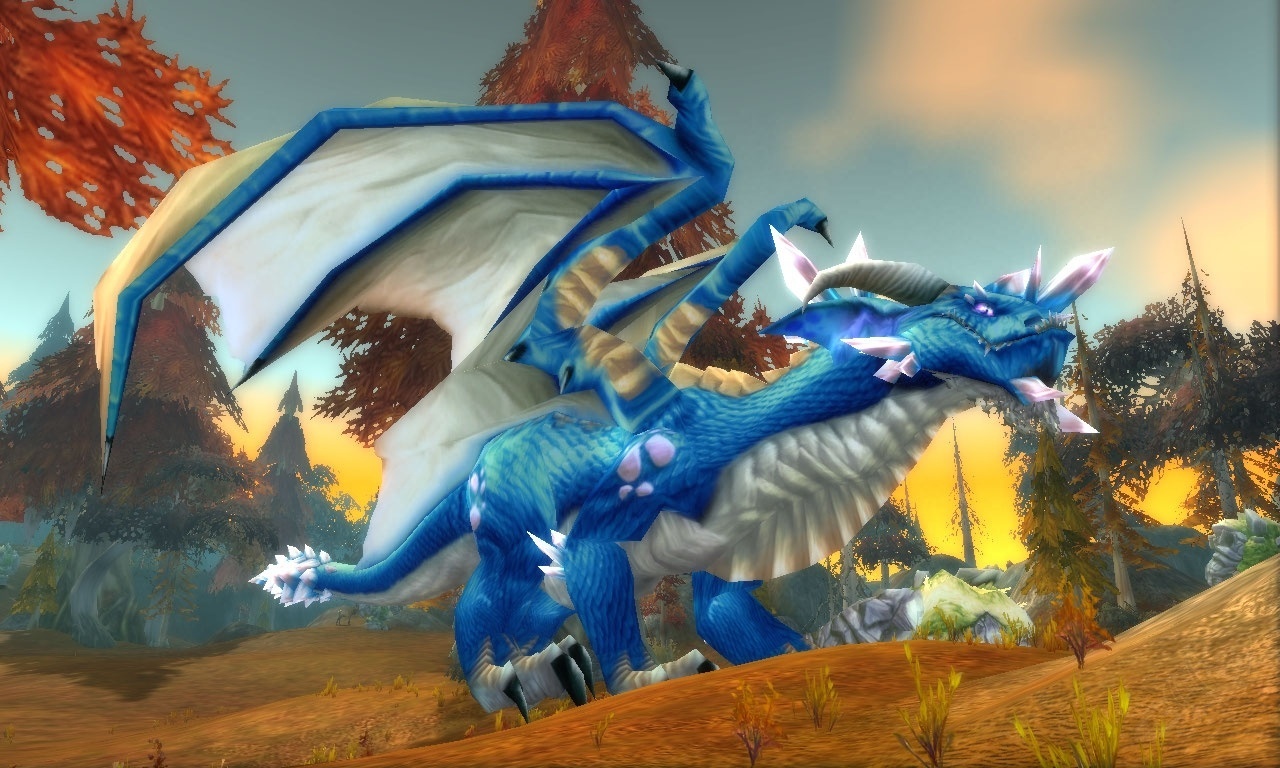Dec 15, 2013
Statue Prop
Testing texture projections on an environment prop. Here's a wip image of the texturing and the actual model. Still some minor seams here and there.
Dec 9, 2013
Background WIP
Here's a WIP on a personal thing I'm doing. My aim is to project a 2D drawing on a few meshes to make a painterly 3D scene (like something you'd see in a graphic adventure), but with the ability of being navigated around a bit. I'm aiming for a iOS-friendly polycount and texture size. Still early tests.
Dec 8, 2013
Bust texturing test
Photo-texturing test in Zbrush and Photoshop (ZAppLink projections mostly) over a basemesh I did some time ago. The mesh is not anything final, just reusing the lowest subdivision level with some quick UVs.
You can rotate it here.
You can rotate it here.
Oct 27, 2013
Oct 15, 2013
Aug 21, 2013
RiME
So, it's official now! Sony announced yesterday at Gamescom our next game RiME, to be released some time in the future exclusively for PS4.
RiME is a game about a young kid stranded in a derelict island somewhere deep in the Mediterranean, where he will unveil the secrets of a primitive, mysterious civilization that crumbled abruptly.
Here's a couple promo arts I did for the presentation, and most importantly, you can watch the HD trailer itself HERE.
Jul 21, 2013
Boxer bust
With so many heads around, this is starting to look like a safari hunter's living room. But anyway, here's more Zbrush practice. You can watch it realtime in the P3D window, but it's just a 250k poly decimation. Might be heavy for smartphones, and it loses much of the detail.
Jun 30, 2013
More texturing practice (wip)
Jun 22, 2013
Another texturing test
This time, testing the ZappLink + Photoshop texturing method in Zbrush. There's still a lot to fix (too heterogenous skin values and levels of detail, inadequate matcap shader grabbed from Zbrush viewport), but I guess it's valid as a practice exercise.
Jun 20, 2013
Texturing tests
A few old texturing practice tests, to find the style of the character.
Also testing XoliulShader presets.
Also testing XoliulShader presets.
Jun 2, 2013
Demistifying "personal taste"
I recently had a small discussion with
some mates, when I said Braid was a superb game and I knew (I should
probably have said believed) The Witness would be just as enthralling as
the previous one, since Jonathan Blow seems to understand way better than most designers how the brain process
of "gratification" works. There was a bit
of an outrage. How could I be making such absolute statements? What
gives me the right to define "good" or "bad" games, when it's "a matter
of personal taste"?
Some (way too many) people think of personal taste as some kind of obscure magic that cannot be understood. In reality, taste is not that unfathomable at all, being just another one of our many brain processes, and as such, has both individual and common elements. Our brain has evolved to find certain things satisfactory, like the process of learning something new or any other achievement, of which games and other arts should take benefit of. Of course, not absolutely everyone finds the same exact things compelling due to genetic variability, which means we're not exactly as tall as our congeners, and our eyes not the same color, but you won't find a 3 meter person or someone with pistachio colored-skin. In fact, humanity is an incredibly homogeneous group, with one of the smallest range of variations in DNA in the animal kingdom. That, of course, also includes our brain, and with it, our tastes.
Whenever your game scores a 50 in Metacritic, you are free to think that "it's just a matter of taste", and even though you developed the game (or any other product or creative endeavor, for that matter) according to your likes, it turns out that some people liked it, and some people didn't, and it's just how things are. Ç'est la vie!
But then, you'll have to reconcile why, say, mostly every major VALVe game gets systematically scored near/over 90, under the same standards. It may be some obscure bias in the press, or VALVe could own a crystal ball that infallibly tells them what the public will like in the future, or... could it rather be that the guys at VALVe, or Jonathan Blow, actually understand what the human brain generally finds gratifying? We could safely bet their next game will have a similarly high score (time will give prove me right!), and hey, prediction backed by results is engraved in the scientific process. Our head might not be so dark and unique after all. Some seem reluctant to that idea, perhaps because that apparently "demeans" our uniqueness or individuality. But we're not that unique at all, if you look into humanity from afar, as a whole.
It's a safe bet for anyone to say that "12 Angry Men" is an unarguably better movie than "Dragonball Evolution", even if they aren't remotely similar and even though a marginal group will object to it. Measuring objective quality might not be an exact science; it won't work 100% of the time with 100% of the products and people. Also, the best scale we currently have is Metacritic, which isn't a perfect unbiased quality measure, but it is a somewhat reasonable numerical representation of quality. And yet, the results of scored objective quality have worked so well in representing human likes at a global scale, that it is naïve and irresponsible to disregard them with the cop-out that "it's a matter of taste", which has the same explanatory power than saying "it's magic".
There is a reason why there is a formal education, and a pool of information on Fine Art, filmmaking or game design. There is actual knowledge involved, or else you'd arrive to your music school and be told to return home, since "well, it's a matter of taste, so who knows?" (which is pretty much the postmodernistic relativist approach they take in modern "art" schools, to my great frustration as an artist).
Actually, there are objective principles, like color harmony, or composition theory, that serve as tools for objectively good results, and they are taught not because some guru decided to set a few rules, but because all through the years of art history, cinema, or to a lesser degree, game development (still in its infancy in terms of the available knowledge pool, but which can still greatly benefit from education in other arts or areas), there have been people studying empirically what satisfies most audiences and what the brain finds compelling, then classifying it and turning it into manageable pills of actual knowledge. It is a backwards process of seeing what people (generally) enjoy, rather than some dogmatic set of rules you should avoid, as some people happen to think.
In today's world, we more or less abide, and will probably will for many decades onwards, by the principles of Bauhaus, school which successfully studied the concept of elegance and packed it in a few basic concepts (which game designers too often just haven't heard about) such as the principles of "unity", "economy of means" and "form follows function", which stand in our culture since the mid XX Century until today, and are as useful for a concept artist as are to a film director, level designer or even a theoretical physicist. Anyone involved in a creative process should have a full grasp of what the brain generally (not just his brain) recognizes as "elegant" or as "gratifying", if he doesn't want to be wandering, clueless about the decision-making process. The lack of that understanding often leads to designers basing their decisions in an erratic analysis of what they personally like, and often ends up in a product that it's an uncohesive "frankenstein" monster of things they happen to like (but surprise, no one else enjoys the mix).
The reasons why people like or dislike a game (or movie, or
painting) are specific, traceable and understandable, even though the
main public is not always conscious of them or knows how to analyze those emotions or verbalize the concepts. It is our job to read between lines and understand what "clicks"
in their head giving their brain that injection of dopamine/serotonin
that stimulates their mental reward system and ends up in them "liking
the game".
Games, more and more every day, blatantly ignore this process and reduce the act of playing to a series of "obeying prompts" (Hold "E" to plant the bomb, or the candidate to lamest game mechanic ever: the new "gap-jumping" context-sensitive action in Mass Effect 3). This "trend" shows a dramatic disregard for knowledge of what makes the brain feel a sense of accomplishment. For example, the off-game interaction between friends playing together in the couch is seldom considered in the design process, and yet it's one of the strongest emotional grips a game can provide, and often catalyzes our fondest game memories.
Way too often, when
a game is succesful, developers or publishers simplify the data to something like
"they liked GameX, therefore they are going to like my interpretation
of GameX", neglecting in the process the real underlying reasons why GameX's formula worked. Soon after, surprise
comes when their clone of GameX is not remotely as succesful as the original one, not just
in terms of sales, but of quality overall. This way of doing things is a dead end.
Much of this rant will be quite obvious or even intuitive to a lot of people, yet the actual games themselves suggest that it might be a riddle to many, not just amateurs, but actual professionals. Understanding a bit of psychology perhaps seems like a somewhat "fringe" topic for a creative person, but it happens to be so dramatically important when your work is made for others. In most cases it could be laziness, but it's sometimes something a bit more dangerous. As Stephen Hawking put it "the worst enemy of knowledge is not ignorance, but the illusion of knowledge".
Let's please get rid of this idea of taste being something that mysterious or personal; there is only a small part of that. I believe there are many rewards to be found in educating the public (and very specially the press) on the difference between what's well done and what you like. And please, the next time you attend to an exhibition by Damien Hirst, tell the audience on my behalf that it's not "a matter of taste", it's just a consented scam.
P.S: I'm hardly a writer, so it's challenging for me to structure all this information (excuse if it's confusing or drifts too much, please say) specially in a foreign language.
 |
| Banner of The Witness blog by Jonathan Blow / Thekla |
Some (way too many) people think of personal taste as some kind of obscure magic that cannot be understood. In reality, taste is not that unfathomable at all, being just another one of our many brain processes, and as such, has both individual and common elements. Our brain has evolved to find certain things satisfactory, like the process of learning something new or any other achievement, of which games and other arts should take benefit of. Of course, not absolutely everyone finds the same exact things compelling due to genetic variability, which means we're not exactly as tall as our congeners, and our eyes not the same color, but you won't find a 3 meter person or someone with pistachio colored-skin. In fact, humanity is an incredibly homogeneous group, with one of the smallest range of variations in DNA in the animal kingdom. That, of course, also includes our brain, and with it, our tastes.
 |
| Portal 2, by VALVe |
Whenever your game scores a 50 in Metacritic, you are free to think that "it's just a matter of taste", and even though you developed the game (or any other product or creative endeavor, for that matter) according to your likes, it turns out that some people liked it, and some people didn't, and it's just how things are. Ç'est la vie!
 |
| An example of a lack of inquiry |
But then, you'll have to reconcile why, say, mostly every major VALVe game gets systematically scored near/over 90, under the same standards. It may be some obscure bias in the press, or VALVe could own a crystal ball that infallibly tells them what the public will like in the future, or... could it rather be that the guys at VALVe, or Jonathan Blow, actually understand what the human brain generally finds gratifying? We could safely bet their next game will have a similarly high score (time will give prove me right!), and hey, prediction backed by results is engraved in the scientific process. Our head might not be so dark and unique after all. Some seem reluctant to that idea, perhaps because that apparently "demeans" our uniqueness or individuality. But we're not that unique at all, if you look into humanity from afar, as a whole.
 |
| A landscape painting by Victor Bykov |
It's a safe bet for anyone to say that "12 Angry Men" is an unarguably better movie than "Dragonball Evolution", even if they aren't remotely similar and even though a marginal group will object to it. Measuring objective quality might not be an exact science; it won't work 100% of the time with 100% of the products and people. Also, the best scale we currently have is Metacritic, which isn't a perfect unbiased quality measure, but it is a somewhat reasonable numerical representation of quality. And yet, the results of scored objective quality have worked so well in representing human likes at a global scale, that it is naïve and irresponsible to disregard them with the cop-out that "it's a matter of taste", which has the same explanatory power than saying "it's magic".
 |
| "12 Angry Men" (1957) by Sidney Lumet |
There is a reason why there is a formal education, and a pool of information on Fine Art, filmmaking or game design. There is actual knowledge involved, or else you'd arrive to your music school and be told to return home, since "well, it's a matter of taste, so who knows?" (which is pretty much the postmodernistic relativist approach they take in modern "art" schools, to my great frustration as an artist).
 |
| Random crap I painted in 20 seconds or an abstract masterpiece? |
Actually, there are objective principles, like color harmony, or composition theory, that serve as tools for objectively good results, and they are taught not because some guru decided to set a few rules, but because all through the years of art history, cinema, or to a lesser degree, game development (still in its infancy in terms of the available knowledge pool, but which can still greatly benefit from education in other arts or areas), there have been people studying empirically what satisfies most audiences and what the brain finds compelling, then classifying it and turning it into manageable pills of actual knowledge. It is a backwards process of seeing what people (generally) enjoy, rather than some dogmatic set of rules you should avoid, as some people happen to think.
 |
| Most of what we consider "modern" or "slick" follows the "less is more" motto of the Bauhaus school |
In today's world, we more or less abide, and will probably will for many decades onwards, by the principles of Bauhaus, school which successfully studied the concept of elegance and packed it in a few basic concepts (which game designers too often just haven't heard about) such as the principles of "unity", "economy of means" and "form follows function", which stand in our culture since the mid XX Century until today, and are as useful for a concept artist as are to a film director, level designer or even a theoretical physicist. Anyone involved in a creative process should have a full grasp of what the brain generally (not just his brain) recognizes as "elegant" or as "gratifying", if he doesn't want to be wandering, clueless about the decision-making process. The lack of that understanding often leads to designers basing their decisions in an erratic analysis of what they personally like, and often ends up in a product that it's an uncohesive "frankenstein" monster of things they happen to like (but surprise, no one else enjoys the mix).
 |
| Donkey Kong Country Returns, by Retro Sudios. A game that understands players and design foundations. |
Games, more and more every day, blatantly ignore this process and reduce the act of playing to a series of "obeying prompts" (Hold "E" to plant the bomb, or the candidate to lamest game mechanic ever: the new "gap-jumping" context-sensitive action in Mass Effect 3). This "trend" shows a dramatic disregard for knowledge of what makes the brain feel a sense of accomplishment. For example, the off-game interaction between friends playing together in the couch is seldom considered in the design process, and yet it's one of the strongest emotional grips a game can provide, and often catalyzes our fondest game memories.
 |
World of Warcraft, by Blizzard Entertainment, a game often cloned
without an in-depth understanding of what it made right.
|
Much of this rant will be quite obvious or even intuitive to a lot of people, yet the actual games themselves suggest that it might be a riddle to many, not just amateurs, but actual professionals. Understanding a bit of psychology perhaps seems like a somewhat "fringe" topic for a creative person, but it happens to be so dramatically important when your work is made for others. In most cases it could be laziness, but it's sometimes something a bit more dangerous. As Stephen Hawking put it "the worst enemy of knowledge is not ignorance, but the illusion of knowledge".
 |
| The World's best paid artist, Damien Hirst, with one of his pieces. |
Let's please get rid of this idea of taste being something that mysterious or personal; there is only a small part of that. I believe there are many rewards to be found in educating the public (and very specially the press) on the difference between what's well done and what you like. And please, the next time you attend to an exhibition by Damien Hirst, tell the audience on my behalf that it's not "a matter of taste", it's just a consented scam.
P.S: I'm hardly a writer, so it's challenging for me to structure all this information (excuse if it's confusing or drifts too much, please say) specially in a foreign language.
Apr 28, 2013
Weekly Theme: RAGE
They've started a weekly challenge on the Lunchcrunch Facebook page, which might be interesting as a practice. One word / phrase each week to interpret.
Today's weekly theme: Rage.
He poops lava, too!
Feb 24, 2013
Mayor Haggar, major badass
Sketch reinterpreting good old Mike Haggar as a dull, testosteronic modern game antihero. Hope they never actually develop such an aberration!
Subscribe to:
Posts (Atom)

















